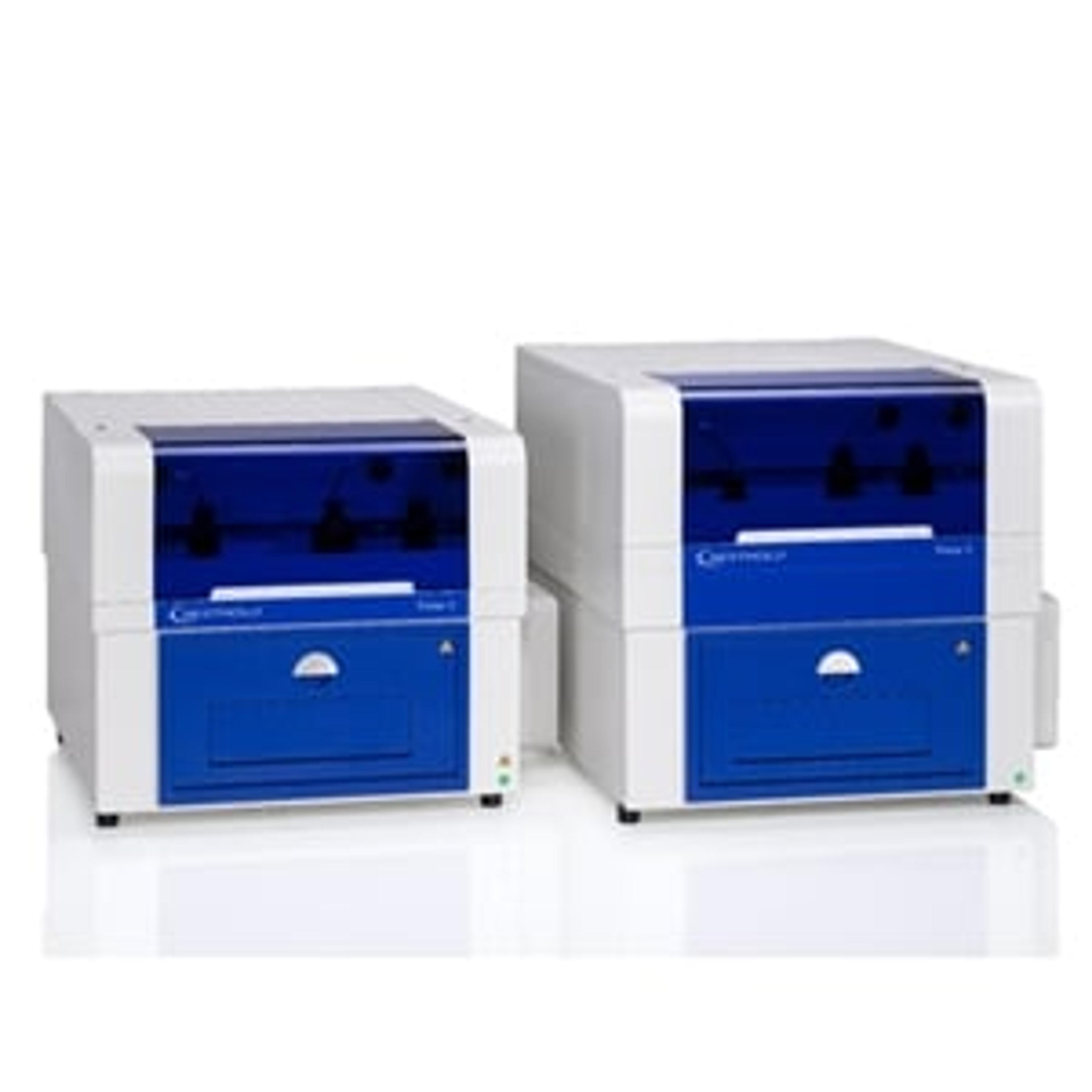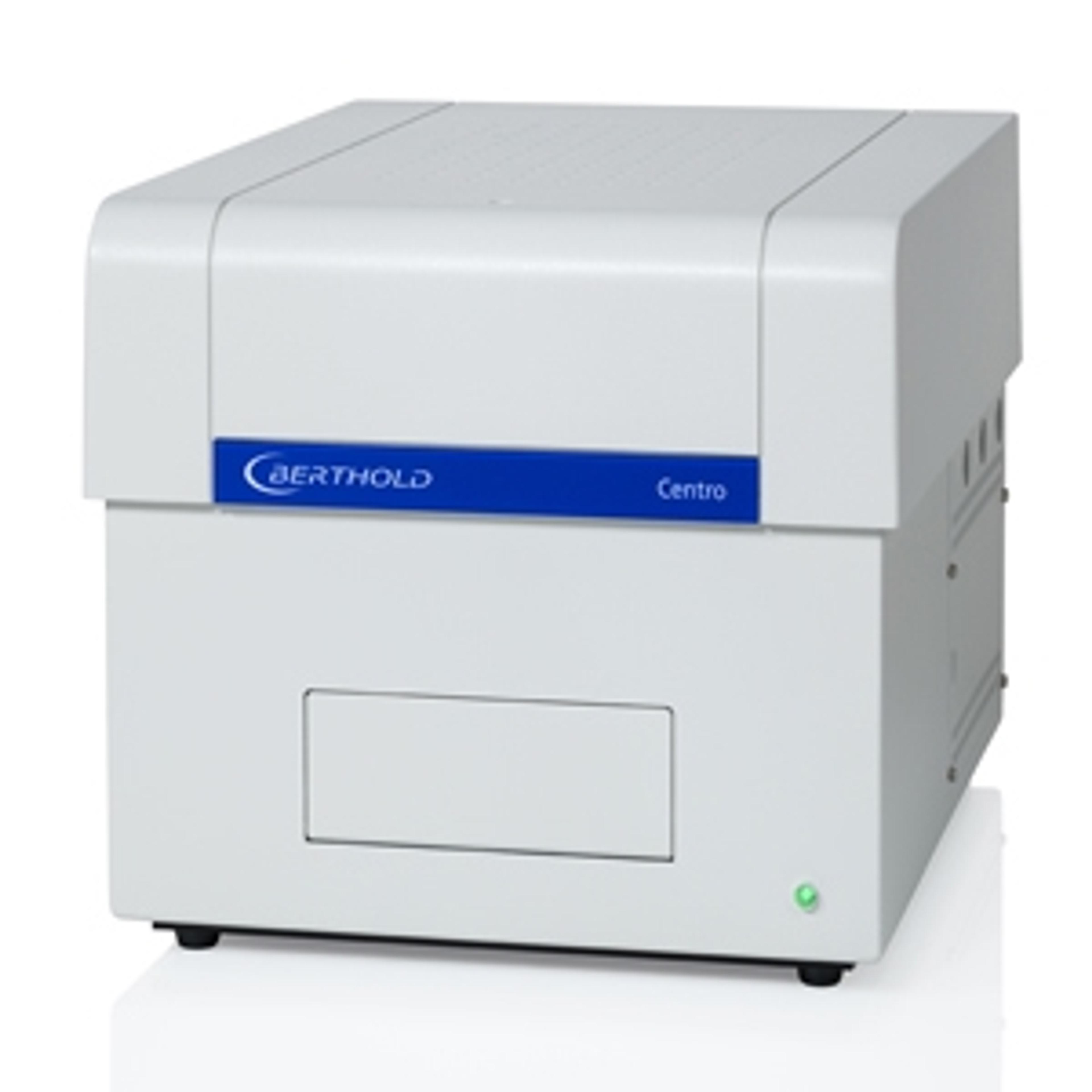Detection of parasitic molecular strategies to influence host plant signaling
Parasitic plants of the genus Cuscuta are obligate holoparasites with a broad host spectrum for nearly all dicotyledonous plants. As leafless and rootless plants, Cuscuta spp. wind around stems of host plants and penetrate host tissue with haustoria. They directly connect to the vasculature and withdraw water, nutrients, and carbohydrates. Thus, the haustorium development and the establishment of a connection to the host represent essential steps in the parasite’s life cycle.
Molecular cues might be necessary to influence intracellular processes and the connection to the host vascular system. To identify such molecular cues, promotors of host genes that are upregulated at the Cuscuta infection site can be fused to a luciferase reporter gene.
In this webinar, Max Koerner, researcher at FAU Erlangen-Nuernberg, and Francesc Felipe, application scientist at Berthold Technologies, will explore parasitic plant interactions, and discuss how this Promoter: luciferase based bio assays has been used to screen different haustorial Cuscuta-extract preparations for bioactive Cuscuta derived molecular cues.
Key learning objectives
- Understand Parasitic plant interactions in more detail
- Gain insights into Promoter: luciferase based bio assays
- Discover how light emission is used as readout
- Learn about the newest generation of Microplate Readers that help you master your daily research
Who should attend
The content of this event is ideal for researchers, professors, and scientists that are performing Luciferase-based assays to study gene regulation and are looking for application flexibility to master changing plate reader applications.
Certificate of attendance
All webinar participants can request a certificate of attendance, including a learning outcomes summary, for continuing education purposes.
Speakers





